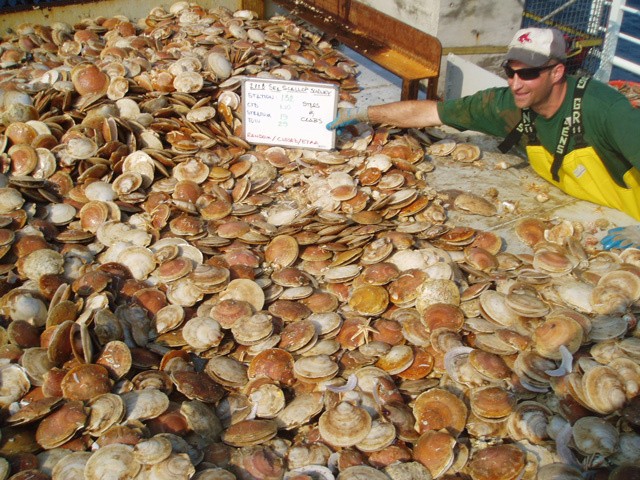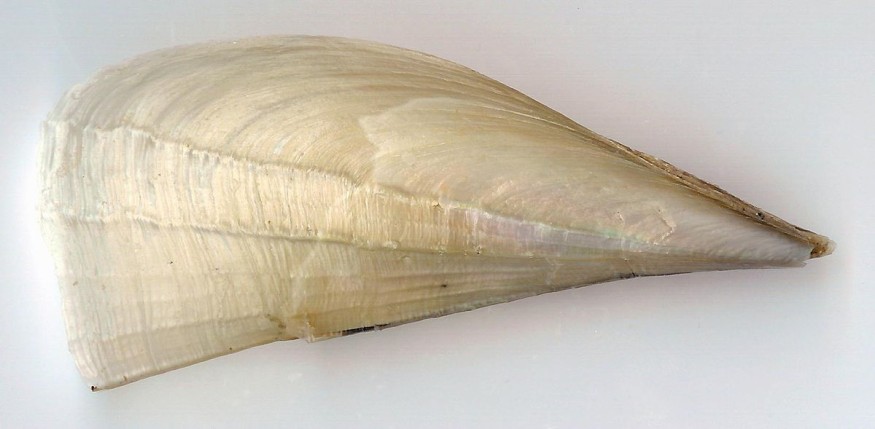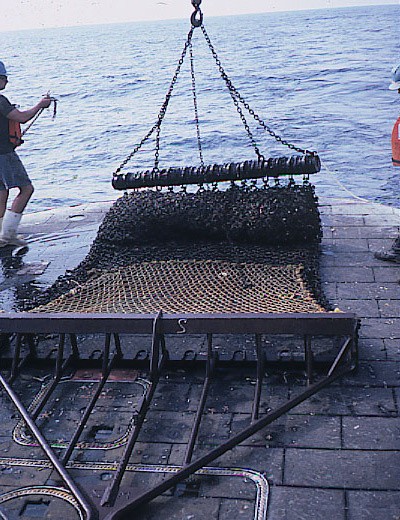Damage from scallop dredging on Scotland's "protected" bottom is seen on video. Campaigners claim that the marine protected area created to safeguard the UK's sole fan mussels is nothing more than a "paper park."

Uncovering Footage
According to a new underwater film captured by Scottish environmental activists, in "marine protected areas (MPAs)," scallop dredgers have caused catastrophic harm to marine life and ecosystems.

To protect Britain's sole colony of endangered fan mussels and other characteristics, the Scottish government declared the seabed surrounding the islands of Canna and Rum on Scotland's west coast as the Small Isles MPA in 2014. A sizable breeding colony of black guillemots may be found on the islands.
Also Read : Australia Announced Ambitious Plan to Combat Possible Extinction of At Least 110 Species
Marine Protected Areas
Although rows of furrowed tracks can be seen over the "protected" seabed in video footage taken from an underwater remotely controlled vehicle that Greenpeace and the Scottish organization Open Seas deployed.
The pink maerl, a delicate, slowly developing coralline algae that supply fish with a breeding and nursery environment, has been damaged, as seen by the scallop dredger's traces. Open Seas compared the devastation to a film they took in the same location in 2020, which showed healthy maerl.
The scallop dredgers are legally allowed to fish inside the MPA, which employs a damaging fishing technique that involves dragging heavy metal-toothed rakes down the seafloor.
This is possibly the worst example of a "paper park"-one that is just present in name-in Scotland and the rest of the UK, according to Phil Taylor, head of policy and operations at Open Seas.
"Despite being referred to as an MPA for more than eight years and unambiguous evidence from the government's scientists that this has to stop, The Small Isles has remained unprotected from the most harmful fishing practices.
He noted the Scottish administration's "serious abdication of responsibility" in allowing this harm to happen.
Safeguarding Maritime Ecosystems

To safeguard maritime ecosystems and stop biodiversity loss by enabling fisheries to recover, Taylor urged the Scottish government to impose restrictions on scallop dredging inside MPAs.
The footage was taken earlier this year as part of Operation Ocean Witness, a collaborative effort to record the state of Scotland's coastal seas.
Although the Scottish government has stated that it is committed to increasing protection, using highly protected marine areas to ban destructive fishing and similar activities, in 10% of Scotland's waters by 2026, less than 5% of Scotland's coastal seabed be protected from bottom-trawling and scallop dredging.
"It makes no sense to call something a protected area if you're going to sit by and let fishing boats damage the bottom," said Will McCallum of Greenpeace UK. Many MPAs are little more than lines on maps that offer no protection from harmful fishing practices like bottom trawling and scallop dredging.
Sternly Committed
A representative for the Scottish government stated that the administration was committed to preserving the oceans' favorable natural conditions.
"As part of that, we have agreed to implement, where necessary, fisheries management measures for our broad MPA network by March 2024. The Small Isles MPA will be included in this.
Related Article: Despite Efforts, Countries Failed to Reach Agreement on a UN Treaty Aimed to Protect Marine Life
For more Environmental News, don't forget to follow Nature World News!
© 2025 NatureWorldNews.com All rights reserved. Do not reproduce without permission.





